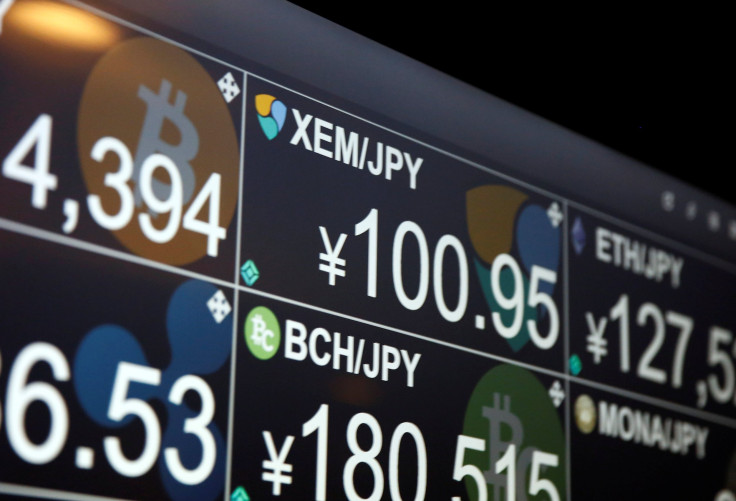Cryptocurrency Regulation: Japan Revamps Screening Process For Exchanges

Japan's Financial Services Agency (FSA) has tightened its screening process for registration of cryptocurrency exchanges "to see whether they are properly conducting risk management," Japan Times reported Sunday.
Sources in the FSA told the publication "the state watchdog has increased the number of questions asked when screening applications to about 400 items, up fourfold."
The agency would now require applicants to submit minutes of board meetings so it can check whether enough inquiries were held about measures to sustain the company’s financial strength and ensure the security of its computer systems. The FSA would also conduct on-site investigations to verify answers submitted to questions that were sent to the applicants previously.
Previously, questions related to an applicant's financial status and measures to ensure safety were the only attributes assessed.
The agency now aims to evaluate whether company executives are well engaged in decision-making by scrutinizing the records of board meetings. The upgraded screening process will also regularly reviews the composition of an applicant company’s shareholders while examining if an internal system is in place to check for links to hostile groups, Japan Times reported.
The FSA screening process was suspended indefinitely following a cyber-theft in January of about $520 million in customer assets from Tokyo-based exchange Coincheck. At the time, FSA issued a business improvement order and advised the company to review its management team.
Following the hack, the firm conducted an internal investigation and found that someone stole the digital coins by sending emails containing malware to Coincheck employees, which then allowed the culprit to remotely access the firm’s servers. Soon after the incident, online brokerage Monex Group announced it would acquire Coincheck.
On-site inspections of 23 crypto exchanges by FSA in the wake of the Coincheck theft revealed sloppy internal controls and lack of board meeting minutes. The agency issued business improvement orders to some exchanges such as Eternal Link and FSHO after the inspections.
In August, FSA commissioner Toshihide Endo told Reuters that FSA was trying to strike a balance between protecting consumers and promoting technological innovation.
“We have no intention to curb [the crypto industry] excessively,” Endo said. “We would like to see it grow under appropriate regulation.”
FSA has asked all exchange operators in Japan to report how they manage risks to protect customer assets and will also conduct on-site inspections of all crypto exchanges in Japan over the coming months.
As of now, most countries are still working on deciding the regulation of cryptocurrencies. India is the next country to make its decision after the country’s central bank, Reserve Bank of India, issued a circular April 6 on “Prohibition on dealing in Virtual Currencies.” India’s Supreme Court is scheduled to hear a case Sept. 11 that may determine the fate of cryptocurrencies in the country.
The European Union is also discussing new rules for the cryptocurrency industry. According to an EU draft note, finance ministers of the 28-nation bloc will meet Sept. 7 in Vienna to discuss new rules for the locally emerging sector.
© Copyright IBTimes 2024. All rights reserved.




















